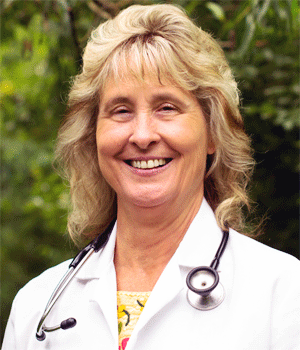Nutrition and Breast Health
Last time here we briefly reviewed your risk of breast cancer, based only on demographics, on statistics. These included the genetic component – family- that contributes to breast cancer. However, even if you have a statistical risk, even if you have a genetic risk, for breast cancer, you CAN modify your risk.
You can reduce your risk!
This article provides tips on reducing your risk of breast cancer.
- Diets high in polyunsaturated or monounsaturated fat do not increase breast cancer risk.
(Published by the American Institute for Cancer Research) - Diets high in saturated fat do seem to increase the risk for breast cancer.
- Diets with a high intake of animal fat, especially from red meat and dairy foods, during pre-menopausal years are associated with an increased risk of breast cancer.
(Published in Journal of the National Cancer Institute 2003) - Canadian Cohort Study: Women who consumed high amounts of fiber had a 30% reduction in breast cancer risk.
- Nurses Health Study:
Consumption of 5 or more servings of fruits and vegetables is associated with a lower risk of pre-menopausal breast cancer.
Optimize Your Breast Health: Most Beneficial Diet is …
- Rich in fruits, vegetables, whole grains, low-fat diary.
- Includes fish and poultry several times a week; red meat only several times a month.
- Rich in monounsaturated and polyunsaturated fats, with emphasis on olive oil.
- Recent studies indicate that a diet high in B-carotene and vitamin C is associated with a protective effect on the incidence of breast cancer, especially in those women taking exogenous hormones or those who have a moderate to high alcohol intake.
Published in journal: Breast Cancer Res Treat 2010
It’s not entirely black-and-white, and not entirely simple:
- Studies with phytoestrogens/soy have been conflicting.
- The consensus seems to be:
Phytoestrogen/soy consumption early in life has a protective effect against breast cancer, but consumption later in life may not. - A recent study (The Shanghai Breast Cancer Survival Study) concluded that soy intake is associated with lower mortality and recurrence among breast cancer patients.
- This association follows a linear dose-response pattern until soy food intake reached 11 g/d, regardless of tamoxifen usage.
Published in the journal, JAMA December 2009
Our conclusion? Women with a history of breast cancer should not be concerned about soy ingestion.
And there’s more:
- Cruciferous vegetables (such as broccoli, cauliflower, brussel sprouts, kale, collards, bok choy and cabbage) have high concentrations of indol-3-carbinol, which has been shown to prevent the development of estrogen-enhanced cancers of the breast, endometrium and cervix.
Published in the journal, Cancer Res 2003
- Flax is a significant source of lignans, which may have a protective effect on breast cancer.
- Green tea contains polyphenols, antioxidant compounds that reduce the risk of breast and other types of cancer.
Published in the journal, Carcinogenesis 2000, Int J Cancer 2003
So, make these changes to your diet to minimize YOUR risk of breast cancer!
For more on optimizing your health, stay tuned. We publish one article here about every 1-2 weeks, so check back frequently. Or, so you don’t miss great info, simply sign up to receive updates automatically in your inbox.



You’ve really helped me understand the isuess. Thanks.